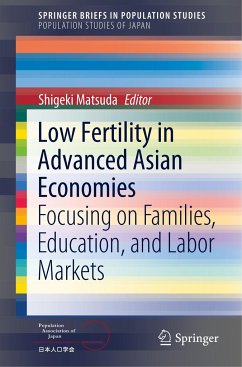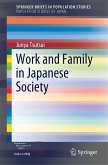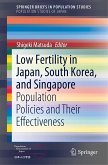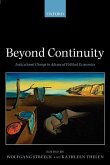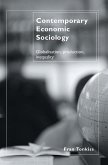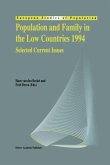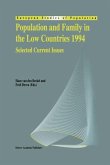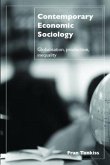This book focuses on the links between family, education, and employment systems in the Asian developed economies, proposing that these three systems and their interrelations are powerful factors causing the low fertility in Asia.
The phenomenon of low fertility has been widely observed in developed countries, and the birthrate in Asian countries is among the lowest in the world. Although these countries have implemented measures to counter the falling birthrate, the expected effect has not yet been achieved. Moreover, Asia has seen a rapid decrease in the number of marriages. To promote effective countermeasures, it is necessary to clarify the factors influencing the low birthrate and decline in the number of marriages.
Based on a statistical analysis of survey results mainly from Japan, South Korea, and Singapore, this book discusses several important points. First, because the family system is strong, cohabitation and children born to single mothers arenot socially accepted. Further, mothers play a strong role in fulfilling expectations for children's education. Second, the popularization of higher education and intense academic competition, which have been a driving force for rapid economic growth, have led to many parents opting to have fewer children, as the cost of education is high. Lastly, wage disparity is large and employment stability is a matter of concern. These factors increase competition within education and, in turn, make it difficult for the young generation to choose marriage. Within the employment environment, balancing work and family life is problematical, especially for women.
The phenomenon of low fertility has been widely observed in developed countries, and the birthrate in Asian countries is among the lowest in the world. Although these countries have implemented measures to counter the falling birthrate, the expected effect has not yet been achieved. Moreover, Asia has seen a rapid decrease in the number of marriages. To promote effective countermeasures, it is necessary to clarify the factors influencing the low birthrate and decline in the number of marriages.
Based on a statistical analysis of survey results mainly from Japan, South Korea, and Singapore, this book discusses several important points. First, because the family system is strong, cohabitation and children born to single mothers arenot socially accepted. Further, mothers play a strong role in fulfilling expectations for children's education. Second, the popularization of higher education and intense academic competition, which have been a driving force for rapid economic growth, have led to many parents opting to have fewer children, as the cost of education is high. Lastly, wage disparity is large and employment stability is a matter of concern. These factors increase competition within education and, in turn, make it difficult for the young generation to choose marriage. Within the employment environment, balancing work and family life is problematical, especially for women.

